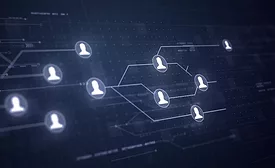Home » risk management
Articles Tagged with ''risk management''
Will 2020 be the cybersecurity wakeup call healthcare needed?
The pandemic exposed the need for hospitals to shore up security fundamentals and infrastructure, re-think incident response plans, and use tools rationalization to reduce coverage gaps.
June 1, 2021
Sign-up to receive top management & result-driven techniques in the industry.
Join over 20,000+ industry leaders who receive our premium content.
SIGN UP TODAY!Copyright ©2026. All Rights Reserved BNP Media.
Design, CMS, Hosting & Web Development :: ePublishing













